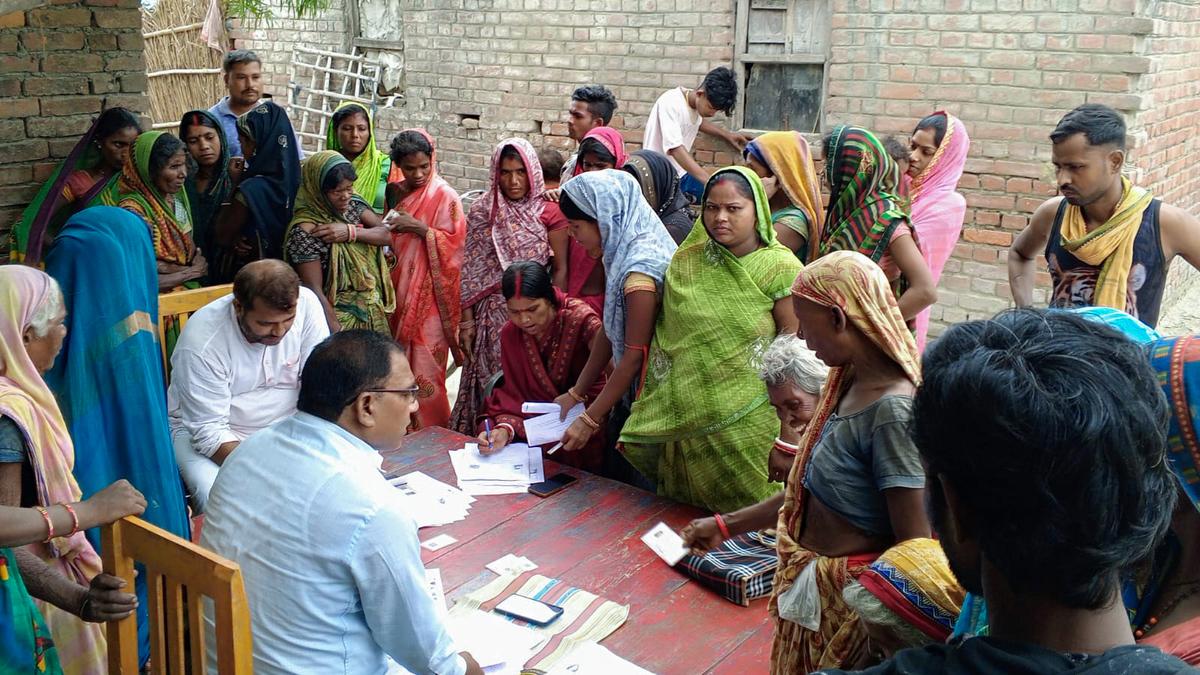Now Reading: Madras High Court Addresses Rental Dispute Between Tambaram Police and Landlords
-
01
Madras High Court Addresses Rental Dispute Between Tambaram Police and Landlords
Madras High Court Addresses Rental Dispute Between Tambaram Police and Landlords
Rapid Summary:
- The Madras High Court is addressing a rental dispute between the landlords of a property and the tambaram Police Commissionerate, currently operating from the rented premises.
- justice N. Anand Venkatesh proposed allowing the Commissionerate to stay in the premises for two more years upon payment of enhanced rent with arrears.
- A calculation memo was requested by both parties based on ₹6.33 lakh monthly rent for 2022, with a 10% annual increase thereafter. The deadline for filing this memo is July 21, 2025.
- Landlords claim they were initially assured ₹10.14 lakh per month but later offered only ₹6.33 lakh per month based on government valuation, which they found unacceptable.
- Tamil Nadu Advocate General P.S. Raman argued that rental disputes involving government entities should be handled by rent control courts rather than writ petitions.
- The landlords reportedly have high loan dues amounting to ₹130 crore and are willing to continue renting at ₹18 lakh per month or sell their property outright.
- Allegations made by landlords regarding encroachment and unauthorized construction were refuted by the Advocate General.
- An choice land has been identified for constructing a permanent facility for the Commissionerate.
Indian Opinion Analysis:
the Madras High Court’s approach highlights its effort to balance public interest with private property rights in resolving this dispute amicably. By suggesting enhanced rent payments alongside arrears as an interim resolution, it seeks practical solutions while recognizing financial pressures faced by aging landlords burdened with debt.
This case underscores broader issues concerning government offices functioning from rented properties across india-a scenario likely fraught with logistical challenges and legal conflicts as seen here. while agreeing not to set precedent through this order protects against widespread litigation risks, it also prompts questions on India’s need for planned institutional infrastructure development to reduce dependency on rented premises.ultimately, achieving fair economic arrangements between private owners and public institutions remains crucial to fostering trust while ensuring governmental efficiency-a principle reflecting both judicial prudence and societal needs.
Read more: The Hindu























